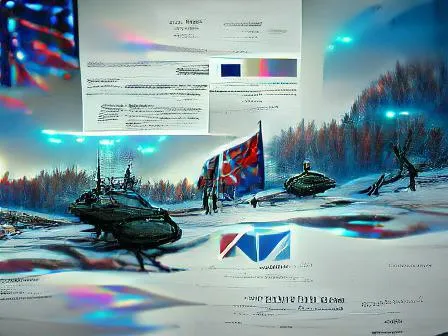Table of Contents
Microsoft threat intelligence teams have been tracking multiple ransomware campaigns and have tied these attacks to DEV-0270, also known as Nemesis Kitten, a sub-group of Iranian actor PHOSPHORUS. Microsoft assesses with moderate confidence that DEV-0270 conducts malicious network operations, including widespread vulnerability scanning, on behalf of the government of Iran.
DEV-0270 also extensively uses living-off-the-land binaries (LOLBINs) throughout the attack chain for discovery and credential access. This extends to its abuse of the built-in BitLocker tool to encrypt files on compromised devices.
In some instances where encryption was successful, the time to ransom (TTR) between initial access and the ransom note was around two days. The group has been observed demanding USD 8,000 for decryption keys. In addition, the actor has been observed pursuing other avenues to generate income through their operations. In one attack, a victim organization refused to pay the ransom, so the actor opted to post the stolen data from the organization for sale packaged in an SQL database dump.

#Analysis #Ransomware #IoCs







